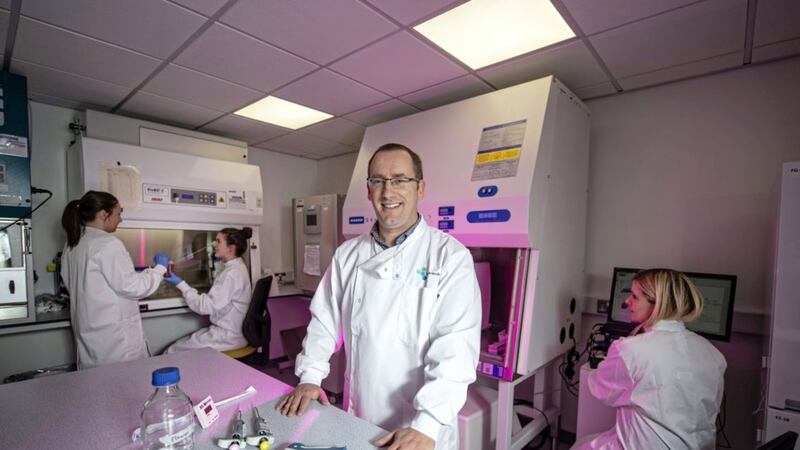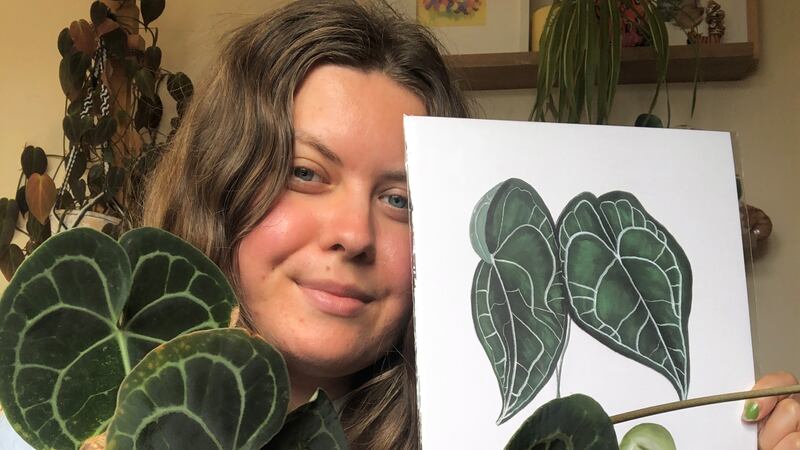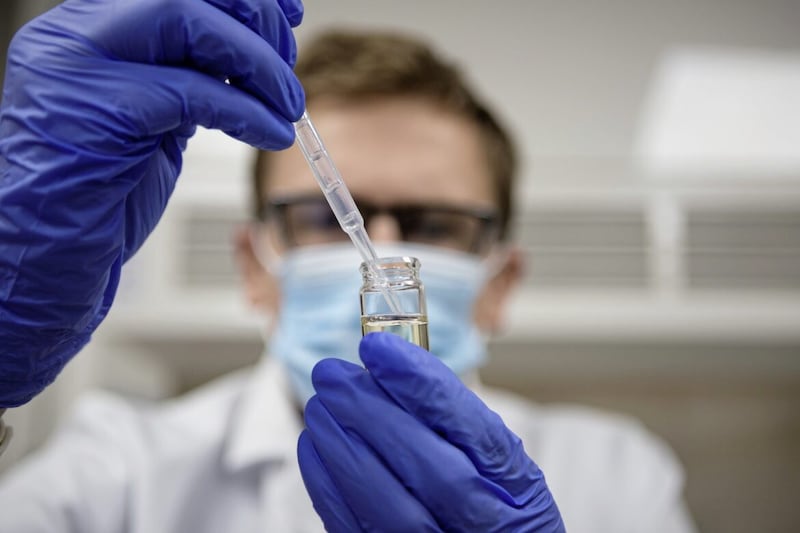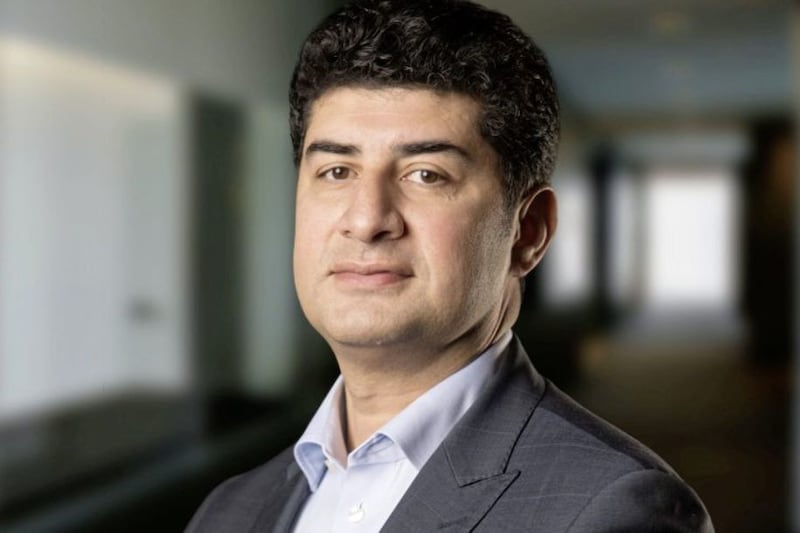BELFAST-based antibody developer Fusion Antibodies has posted reduced full-year losses despite its revenues soaring by nearly 80 per cent.
The former Queen's University spin-out posted a pre-tax loss of £1,059,000 for the financial year ended March 31, narrowing from £1,508,000 the previous year.
But year-on-year sales over the period increased to £3,895,000 from £2,182,000, it said in a statement to the stock market.
The majority of growth came from the expansion of Fusion's existing services, most notably from the new rational affinity maturation platform (RAMP), the most recent addition to the company's services.
Chief executive Paul Kerr said: "We have had a strong year with the increased revenue performance in the first and second halves driven by the expansion of our existing services and newly introduced RAMP.
"The company has also seen strong geographical growth in the financial year with the appointment of two new distributors in Asia as well carrying out a RAMP project for a large indigenous company in China."
On the impact of the global covid pandemic on the business, Fusion said it has had only limited the impact on trading performance, with laboratory work continuing, so that trading in for the current financial year has been in line with expectations and the pattern of customer payments is unchanged.
Dr Kerr added: "Working with an international customer base presents opportunities and challenges as governments and companies respond to the immediate crisis and plan for a way forward in new circumstances.
"The board believes the company has the expertise to meet these challenges and capitalise on opportunities, and having raised capital post year end, that it also has the financial resources to face the coming months with confidence."
In April Fusion announced a £3 million London stock market share placing to expand its work.
"That has allowed us to expand the existing proof-of-concept work on the Mammalian Antibody Library to include Covid-19 as a new target," Dr Kerr said.
"We are positive about the next 12 months and are grateful to our shareholders for their continued support."
And earlier this month Fusion was part of a Belfast-based consortium led by Queens University (others include Almac, Sonrai Analytics, Proaxsis, Diaceutics and Exploristics) selected for the next stage of the UK Research and Innovation’s Strength in Places Fund.
The aim of the consortium is to build on the north’s existing strengths in digital health and biosciences to develop new, more cost-effective targeted drugs and antibodies and new ways of diagnosing cancer and other conditions.








